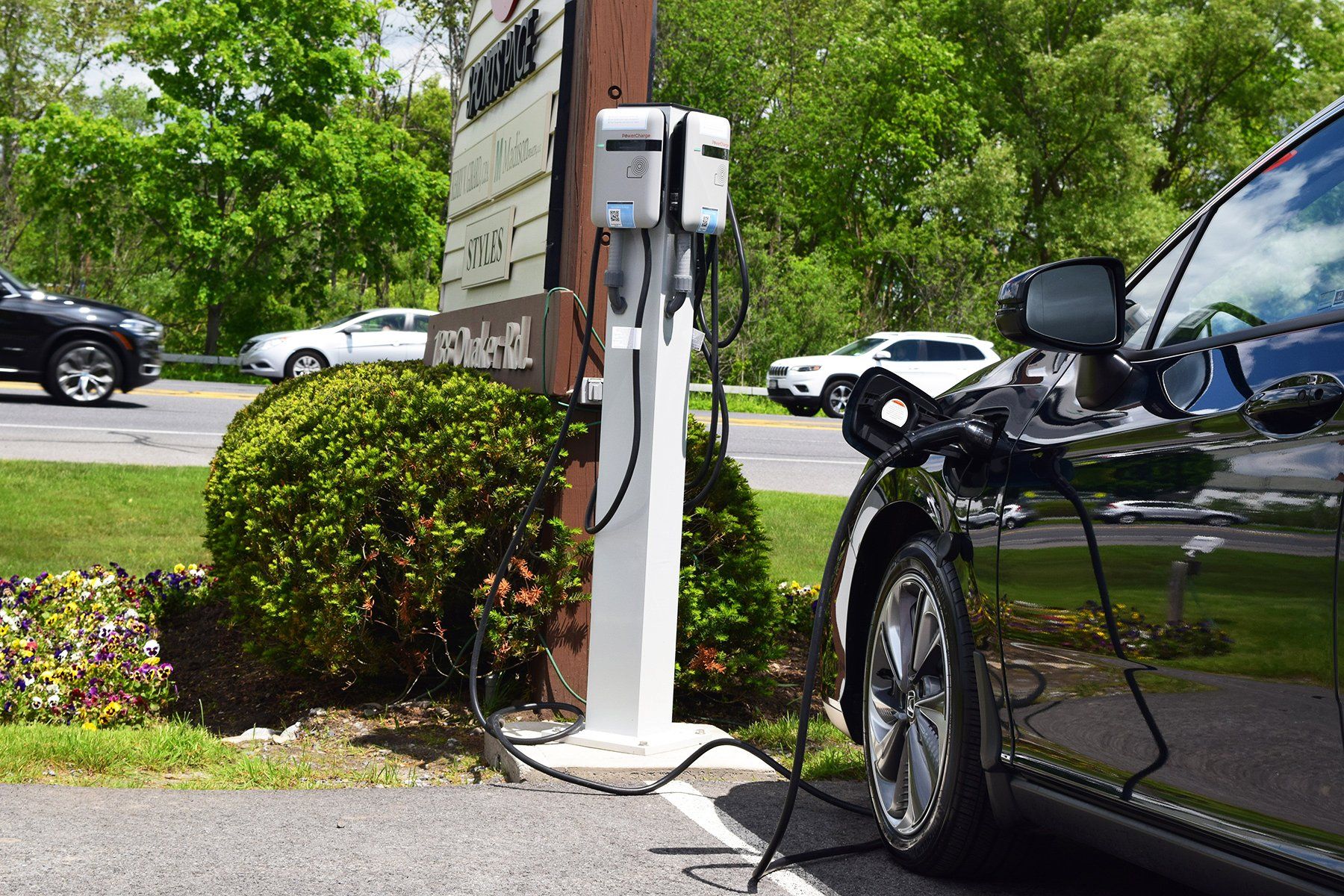Food Labels
When grocery shopping, there are many different food labels that can now be found on the packaging of food. While picking a certified organic or no added hormones product seems like a great pick, what does this claim actually mean? We are breaking down the common labels that you see at your local grocery store so you can make a more informed decision about the food that you purchase.
Common Food Labels
Pasture Raised Dairy
The health benefits for cows who pasture graze are greater than those that are confined to an indoor facility. Pasture grazed cows are less likely to get sick and need antibiotics. Also, milk from pasture grazed cows is higher in healthy fats and contains a more favorable ratio of omega-6 to omega-3 fatty acids.
Fair Trade Certified
This seal means that one or more ingredients in the product were produced and traded on accordance with Fair Trade USA’s standards. These standards consist of fair wages for farmers and workers, safe working conditions, and environmental protection. It helps farmers earn community development funds to improve their lives when they are Fair Trade Certified.
Certified Naturally Grown
The farmer is committed to farming practices that build soil health, don’t rely on synthetic pesticides, synthetic fertilizers, animal drugs, GMOs, and provide humane living conditions for farm animals. This seal is similar to that of a certified organic farm with a few standards that are different. The main difference is the verification process which is done by another farmer, a local extension agent, or three of the farmer’s customers.
Humanely Raised
The government agencies that oversee labeling of meat, poultry, dairy, and eggs do not have a common standard for the “humanely raised” claim and there are no on-farm inspections to verify it. The claim suggests that the animals are treated humanely through their life cycle and are provided decent living conditions that meet the animals’ needs. Each company can determine their own definition of what it means to be “humanely raised.”
USDA Organic
No producer or company can claim their food as “organic” unless the product is certified by a USDA-accredited certification agency and is in compliance with all of the requirements of the US Department of Agriculture’s organic standards. This is the only production claim that is backed by federal law and regulations that set a uniformed standard for what the “organic” label means. The standards include but are not limited to promoting sustainable agriculture and aiming to minimize negative impacts on the environment and human health.
Cage Free
When it comes to chicken ” cage free” does not mean much. Most chickens commercially raised are in “grow-out houses” and are rarely confined to cages. However, when it comes to eggs it does matter. Hens raised commercially to produce eggs are usually confined to cages. Therefore, “cage free” eggs come from chickens that are able to roam around.
Antibiotic Free
This claim is allowed on dairy products. However, the FDA has no regulatory definition of “antibiotic free” but expects it to mean that there is no residue of antibiotics in the product. There is no guarantee that the cows were not treated with antibiotics or other drugs and the milk is not tested for this. The FDA does not verify this claim.
Pesticide Free
The FDA does not have a regulatory or standard definition for “pesticide free” and does not require those making the claim to be certified or tested. They expect the claim to mean that no pesticide residues are present. However, the FDA does not expect that the foods were produced without the use of pesticides at any point from production to storage. This claim is not trustworthy.
Non-GMO Project Verified
This seal is verified and highly meaningful for consumers who want to avoid foods with GMOs and support farmers who do not use them. Producers have to comply with the standards of Non-GMO which means that plants, animals, or other organisms have not had their genetic code changed in a way that does not occur naturally.
American Grassfed
This label is verified and highly meaningful. It means that the animals were grass fed throughout their entire life cycle and were never fed grain. Also, the animals had continuous access to pasture and were not raised in confinement. Antibiotics, growth hormones, and the intentional feeding of GMOs is prohibited.
This content originally appeared on theGreener Choices websiteand you can learn more information about these food labels and others.
If you are looking to go green in more areas of your life consider going solar. It reduces your carbon footprint and saves you money.

As electric vehicles become more popular, the demand for EV chargers is growing fast. Every day, more EVs hit the road, and businesses are starting to take notice. Installing EV chargers at your location is a smart move—not just to keep up with the rise of electric cars, but also to show that you’re forward thinking and environmentally friendly. We've put together a list of the many benefits to installing EV chargers!

Utility costs are on the rise and there’s no sign of them slowing down. Consumers are feeling the pressure of constantly climbing electricity rates. As inflation continues to affect nearly every industry and energy demand increases, utility companies are charging more, which means your bills are getting higher. In fact, many experts agree that utility prices will only continue to increase, making it harder for households and businesses to keep their budgets under control. NYSERDA provides detailed information on historical energy rates throughout New York State for example. These patterns follow the same trends nationwide.

